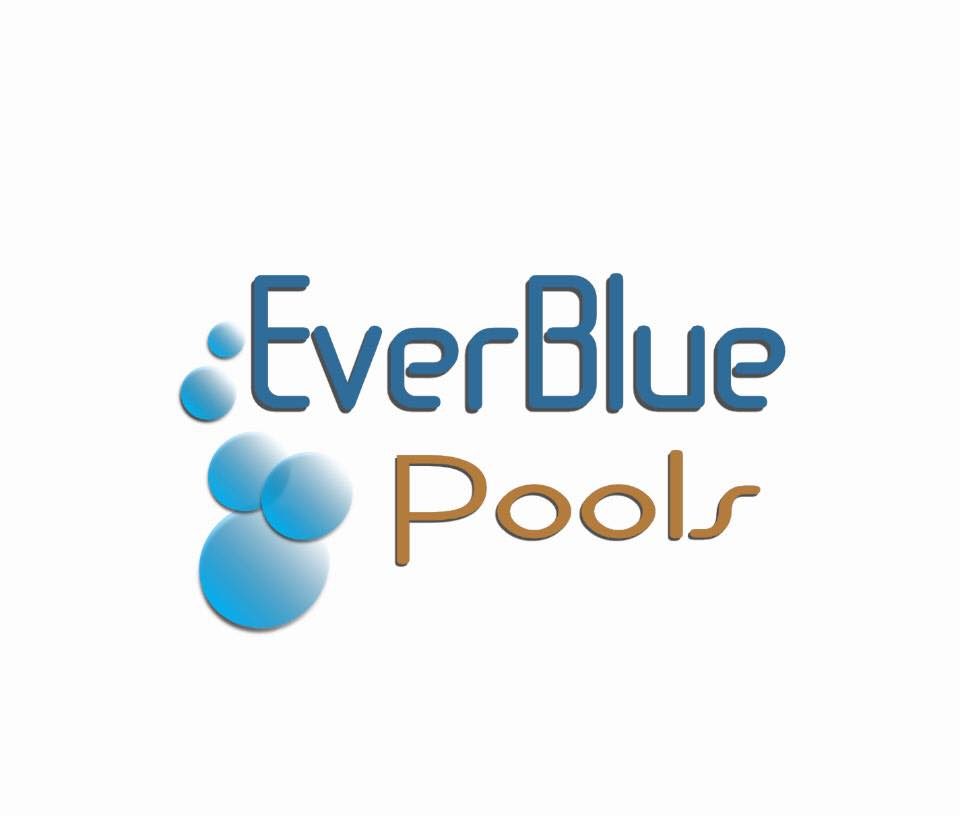How Long Should You Run Your Pool Pump Each Day?
Running your pool pump for the right amount of time is essential for maintaining clean, healthy water and keeping energy costs under control. The ideal daily pump runtime depends on factors like pool size, filter type, and pump horsepower. Here’s a breakdown to help you determine how long to run your pool pump:
1. Pool Size and Volume
The larger your pool, the more water your pump needs to circulate to complete one turnover (the process of filtering all the water in the pool). As a general rule, your pump should run long enough to achieve at least one complete turnover daily.
- Small Pools (10,000 gallons or less): ~4–6 hours/day
- Medium Pools (10,000–20,000 gallons): ~6–8 hours/day
- Large Pools (20,000+ gallons): ~8–12 hours/day
2. Pump Horsepower (HP)
The power of your pool pump determines how quickly it can circulate water:
- Low HP (0.5–1 HP): May require longer runtimes for larger pools, as these pumps work at a slower rate.
- Medium HP (1.5–2 HP): Handles medium-sized pools efficiently within the recommended hours.
- High HP (2.5+ HP): These powerful pumps can circulate water more quickly but may need adjustments to prevent over-circulation and wasted energy.
3. Filter Type
Your pool’s filtration system also affects runtime. Different filters process water at varying rates:
- Sand Filters: Slower filtration; may require the pump to run longer, especially in larger pools.
- Cartridge Filters: More efficient, often requiring shorter runtimes compared to sand filters.
- Diatomaceous Earth (DE) Filters: The most efficient, filtering water quickly and thoroughly, often reducing required runtimes.
4. Seasonal Adjustments
- Summer: Run the pump longer (closer to 10–12 hours/day) due to higher temperatures, increased use, and higher debris levels.
- Winter: Shorter runtimes (4–6 hours/day) may suffice, especially in cooler climates with less pool activity.
Tips for Optimizing Pump Runtime
- Use a Timer: Automate your pump to run during off-peak energy hours for savings.
- Test and Adjust: Monitor water clarity and chemical levels, and adjust runtimes as needed.
- Upgrade to a Variable-Speed Pump: These energy-efficient pumps allow you to customize flow rates for optimal circulation and cost savings.
- Consider Local Climate: Warmer climates may require longer runtimes year-round to prevent algae growth.
By fine-tuning your pump schedule based on these factors, you can keep your pool clean, safe, and energy-efficient. Need help selecting or maintaining your pool pump? Contact Everblue Pools at 210-452-0002
